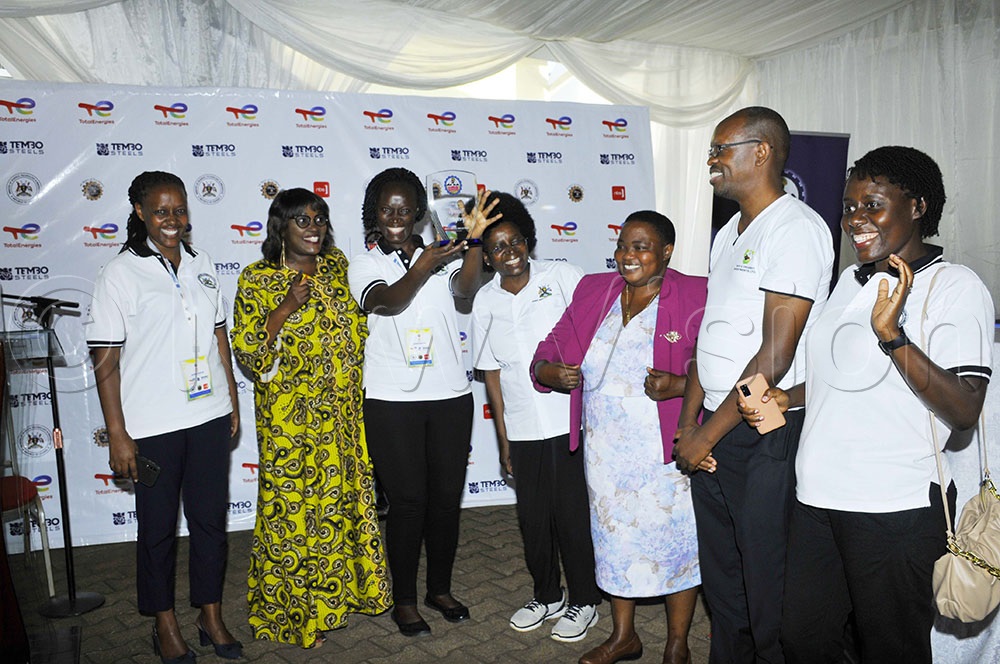PM Nabbanja wants Ugandan baby incubator makers to consider AFCTA market
Oct 11, 2022
The incubator that is being promoted by the Ministry of Science, Technology and Innovation, is made in Uganda by local innovators through the Africa Space Science and Innovations Programme

Okello Lawrance one of the scientists behind the baby incubator machine explains to show goers during the closing of the 28th trade fair at Uganda Manufacturers Association /Photos by Wilfred Sanya

Prossy Nandudu
Journalist @New Vision
Prime Minister Robinah Nabbanja has urged manufacturers of baby incubators in Uganda to consider the market provided by the African Continental Free Trade Area (AfCFTA), as a market for their products.
AfCFTA, which comprises 55 countries under the African Union, is expected to provide a market for the estimated 1.2 billion people on the African continent.
Nabbanja made the call while representing President Yoweri Museveni at the closure of the 28th International Trade fair on Monday, October 10, 2022.
She was taking a tour of the baby incubator that holds 10 premature babies at the same time at the showgrounds in Lugogo, Kampala.

Prime Minister Robinah Nabbanja with scientists behind the baby incubator machine
“We are now talking in terms of the AfCFTA, where our technology should go for all Africans to benefit. Since Kenyan President William Ruto said, all borders now have bridges so don’t only focus on Uganda, but go regional and continental as well,” Nabbanja said.
The incubator that is being promoted by the Ministry of Science, Technology and Innovation, is made in Uganda by local innovators through the Africa Space Science and Innovations Programme based in Ntinda, Kampala.
According to UNICEF, 19 children die per 1,000 live births. Of these, 30 per 100 die in rural areas, while in urban areas, 31 die per 1,000 live births.
They also add that the main causes of the deaths are asphyxia (lack of oxygen), prematurity and sepsis (infections).

The co-ordinator of the project, Steven Mugarura, said the incubator comes in as an intervention and that from the time it was launched on the Ugandan market, a total of 76,000 babies have been saved.
“We are now prototyping and are ready for mass production. If resources allow, we plan to produce one incubator every month, which will gradually increase to two then three, for all regional referral hospitals to have them,” Mugarura said.
